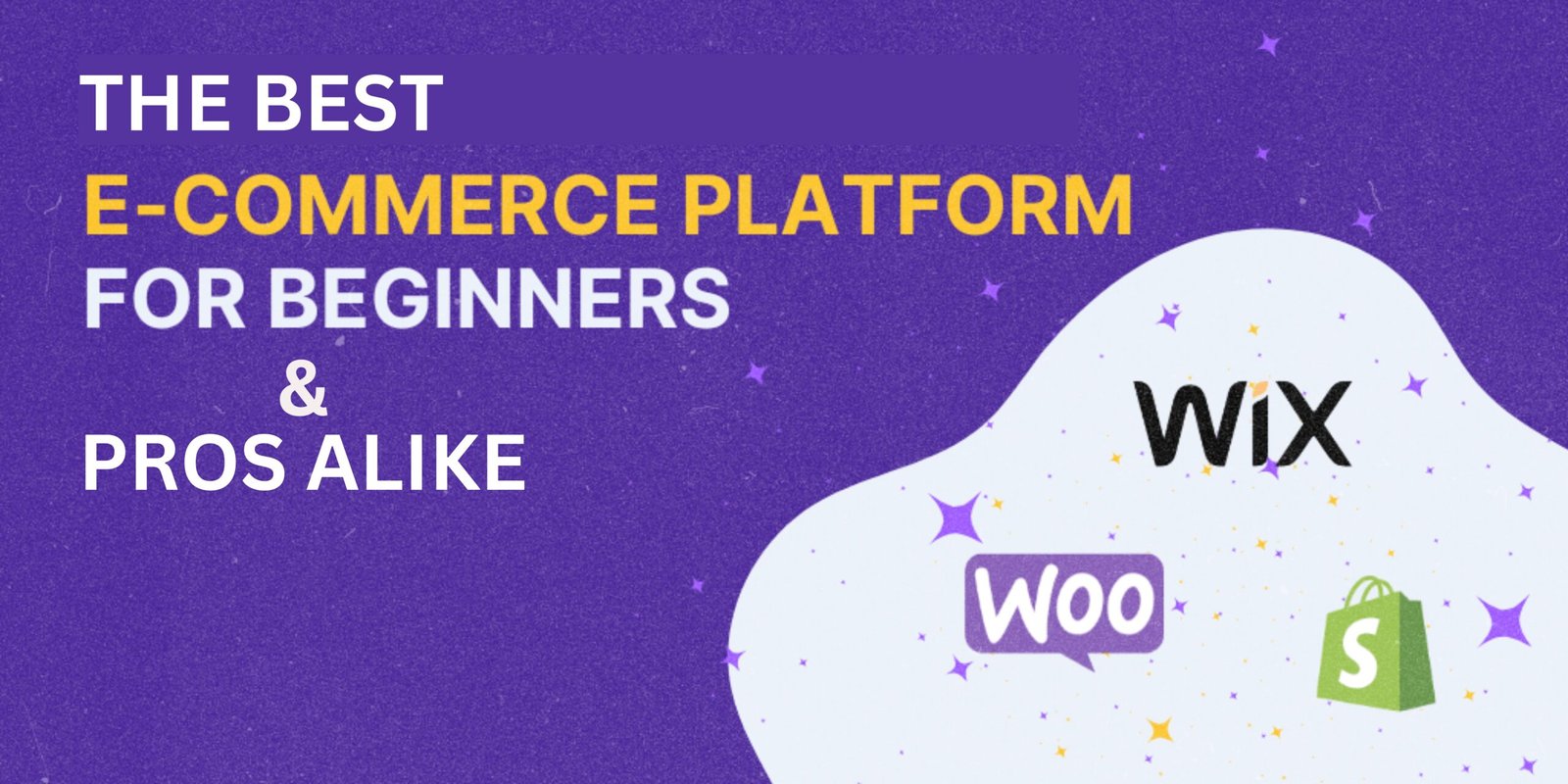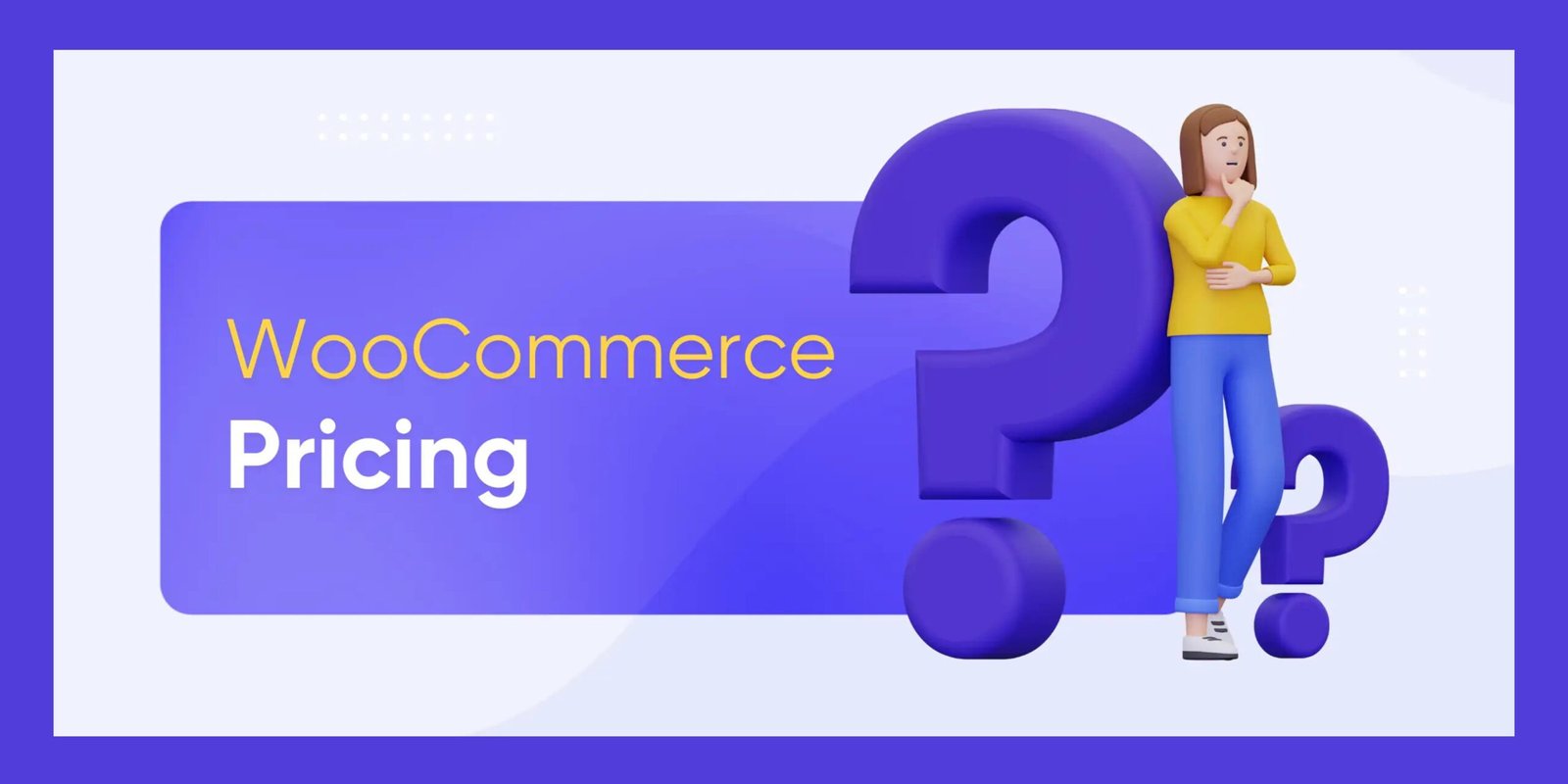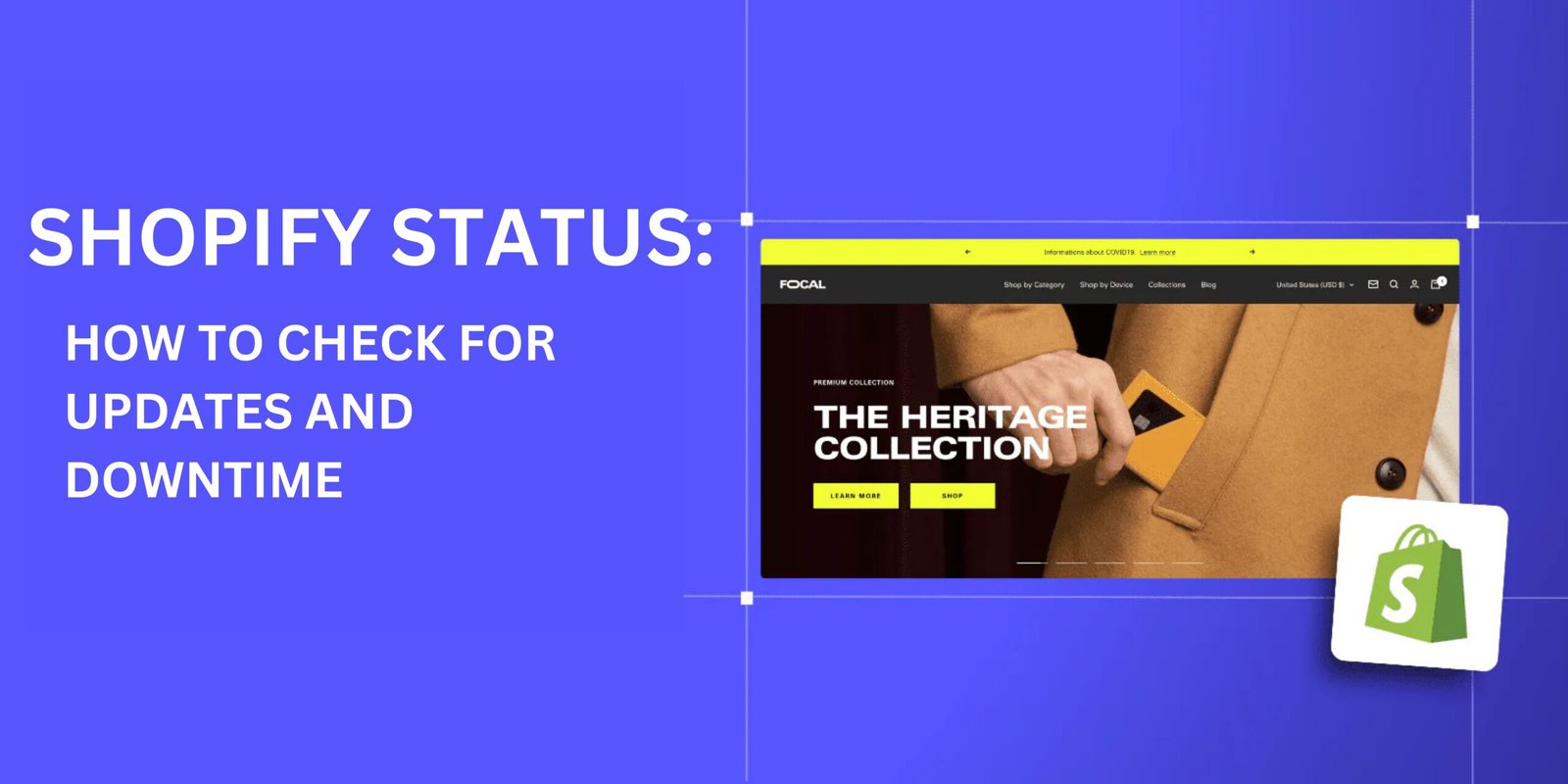Gone are the days when business-to-business (B2B) transactions relied solely on handshakes and endless paperwork. Today, even the biggest brands are ditching outdated processes and moving to a B2B ecommerce platform. Why? Because they’ve realized that digital transformation isn’t just for consumer-facing businesses—B2B buyers now expect the same level of convenience, speed, and efficiency that they experience when shopping online personally.
If you’re wondering what’s driving this massive shift, keep reading. We’ll break down the reasons top brands are making the leap to B2B ecommerce platforms and how they’re transforming the way businesses buy and sell.
What Is a B2B Ecommerce Platform?
A B2B ecommerce platform is an online marketplace that allows businesses to sell to other businesses. These platforms are built to handle the unique complexities of B2B transactions, including bulk ordering, client-specific pricing, and integration with enterprise systems like ERPs and CRMs.
Unlike traditional sales methods, B2B ecommerce platforms empower businesses to offer seamless self-service options to their customers, enabling faster order placements and reducing manual work for sales teams.
Key Features of a B2B Ecommerce Platform
| Feature | Description |
| Custom Pricing | Allows sellers to set unique prices for different clients based on agreements. |
| Bulk Ordering | Enables clients to place large, complex orders with ease. |
| Self-Service Portals | Lets customers access their account, order history, and personalized catalogs. |
| Advanced Search | Offers tools like filtering and category search for easier product discovery. |
| Integration Capabilities | Connects seamlessly with inventory, payment, and enterprise management systems. |
Why Are Top Brands Adopting B2B Ecommerce Platforms?
1. Meeting Evolving Buyer Expectations
Modern B2B buyers expect the same digital experience they get as consumers. They want quick access to pricing, product details, and availability without lengthy back-and-forth communications. Such platform delivers this convenience, putting all the information buyers need at their fingertips.
- Quick Quotes: Buyers can see custom pricing instantly.
- Instant Ordering: No need to wait for a sales rep to process orders.
- 24/7 Availability: Buyers can shop anytime, even outside business hours.
2. Increasing Operational Efficiency
Manual order processing, endless emails, and phone calls are labor-intensive and prone to errors. A B2B ecommerce platform automates these tasks, enabling businesses to focus on growth instead of administrative work.
- Automated Order Management: Reduces manual errors.
- Inventory Synchronization: Ensures real-time stock updates.
- Streamlined Workflows: Integrates with existing business tools for smoother operations.
3. Driving Global Expansion
B2B ecommerce platforms remove geographical barriers, enabling brands to reach international markets with ease. Features like multi-currency support, language options, and compliance tools make scaling globally less complicated.
Benefits of Switching to a B2B Ecommerce Platform
Enhanced Customer Experience
Your clients don’t just want good products; they want a seamless buying experience. A B2B ecommerce platform ensures your buyers can browse, compare, and purchase products effortlessly.
Real-Time Insights
With built-in analytics, a B2B ecommerce platform gives brands real-time data on sales performance, customer behavior, and inventory levels. This helps in making smarter decisions.
Lower Operational Costs
Automating tasks like invoicing, order tracking, and inventory updates reduces the need for manual intervention, cutting costs significantly.
| Benefit | How It Helps |
| Enhanced Customer Experience | Makes buying fast and intuitive for clients. |
| Real-Time Insights | Provides data to optimize operations and marketing strategies. |
| Cost Savings | Reduces reliance on labor-intensive manual processes. |
Greater Scalability
B2B ecommerce platforms grow with your business. Whether it’s adding new products, markets, or sales channels, these platforms adapt to your needs without overhauling your systems.
Top Features to Look for in a B2B Ecommerce Platform
1. Mobile Compatibility
With buyers increasingly using mobile devices for work, a B2B ecommerce platform must be mobile-friendly. This ensures clients can place orders or check their accounts from anywhere.
2. Advanced Search Functionality
Buyers need to find what they’re looking for quickly. Features like advanced filtering, search suggestions, and category sorting enhance usability.
3. Flexible Payment Options
A good B2B ecommerce platform supports multiple payment methods, including credit terms, purchase orders, and digital wallets, making transactions smoother.
4. Personalization
Top platforms allow you to customize the experience for each client, offering tailored catalogs, pricing, and recommendations.
Examples of Top Brands Using B2B Ecommerce Platforms
Brand 1: Nike
Nike leverages its B2B ecommerce platform to offer personalized experiences to its wholesale partners, streamlining bulk ordering and delivery.
Brand 2: Amazon Business
Amazon Business sets the gold standard by providing businesses with an easy way to purchase supplies and manage their procurement processes.
Brand 3: General Electric
General Electric uses a B2B ecommerce platform to manage complex industrial orders with features like custom pricing and real-time tracking.
Brand 4: Coca-Cola
Coca-Cola has embraced B2B ecommerce to allow retailers to place orders online, track delivery, and access promotional offers easily.
Common Challenges When Adopting a B2B Ecommerce Platform
1. Resistance to Change
Employees and clients accustomed to traditional methods may be hesitant to adopt a new platform. Overcoming this requires proper training and clear communication about the benefits.
2. Integration Complexities
Integrating the platform with existing systems like ERPs or CRMs can be challenging without the right technical expertise.
3. Upfront Costs
While the long-term benefits outweigh the costs, the initial investment in a robust B2B ecommerce platform can be significant for some businesses.
| Challenge | Solution |
| Resistance to Change | Provide training and emphasize the benefits for both clients and employees. |
| Integration Complexities | Work with experienced implementation partners or consultants. |
| Upfront Costs | Choose scalable platforms that allow gradual investment as you grow. |
How to Choose the Right B2B Ecommerce Platform
Evaluate Your Needs
Start by identifying your business’s specific requirements. Do you need robust ERP integration? Is mobile compatibility a priority? Understanding your needs ensures you choose a platform that aligns with your goals.
Check for Scalability
Your platform should grow with your business. Look for features like multi-market support, multi-currency options, and advanced customization capabilities.
Focus on Usability
A complex platform can frustrate users. Choose a B2B ecommerce platform with an intuitive interface for both your team and your clients.
Conclusion
Switching to a B2B ecommerce platform is no longer optional for top brands—it’s a necessity. These platforms offer faster processes, better customer experiences, and tools to scale globally. By adopting a B2B ecommerce platform, businesses are future-proofing their operations and staying competitive in a rapidly evolving market.
Ready to explore the best B2B ecommerce solutions? Visit Blueprints Digital Center for expert guidance and tools tailored to your business needs.
FAQs
- What is a B2B ecommerce platform?
It’s a digital platform that allows businesses to buy and sell products to other businesses online. - How does ecommerce platform differ from B2C?
B2B platforms focus on bulk orders, custom pricing, and business-specific features, unlike B2C platforms designed for individual consumers. - Do small businesses benefit from B2B ecommerce platforms?
Absolutely. These platforms help small businesses streamline their operations and scale efficiently. - What are the costs of adopting a B2B ecommerce platform?
Costs vary based on the platform, but most offer scalable pricing plans to suit businesses of all sizes. - How secure are B2B ecommerce platforms? Most platforms prioritize security, offering features like encrypted transactions and multi-factor authentication.




